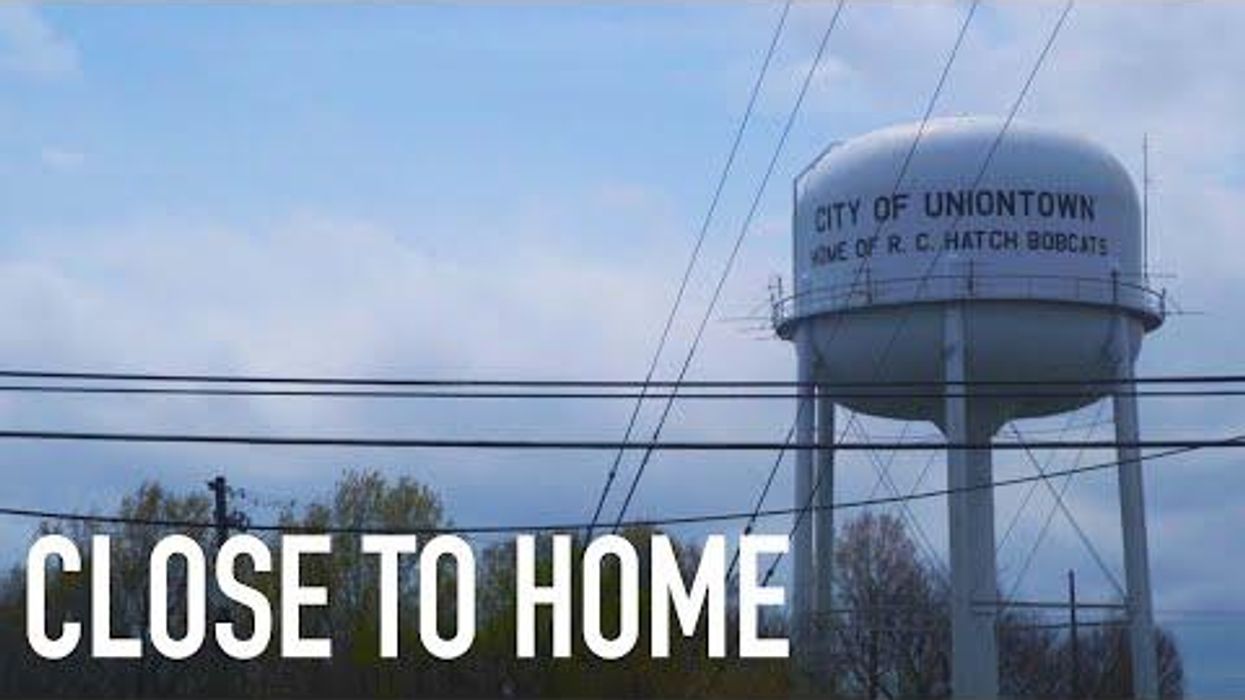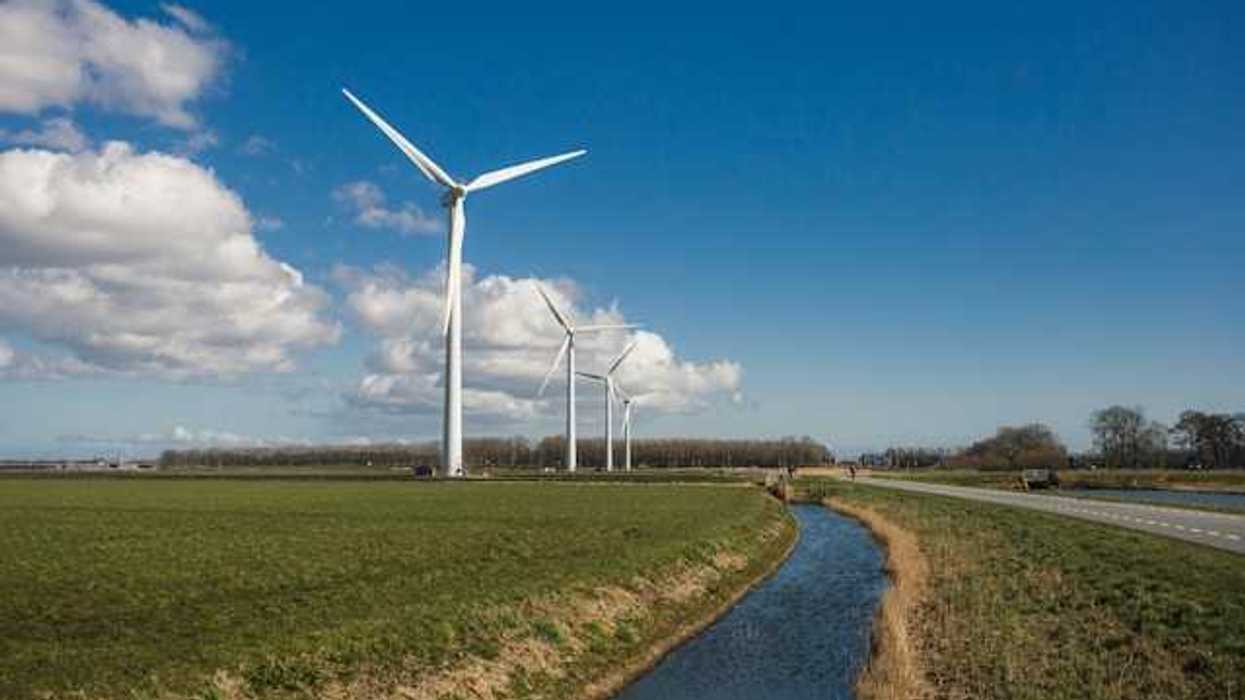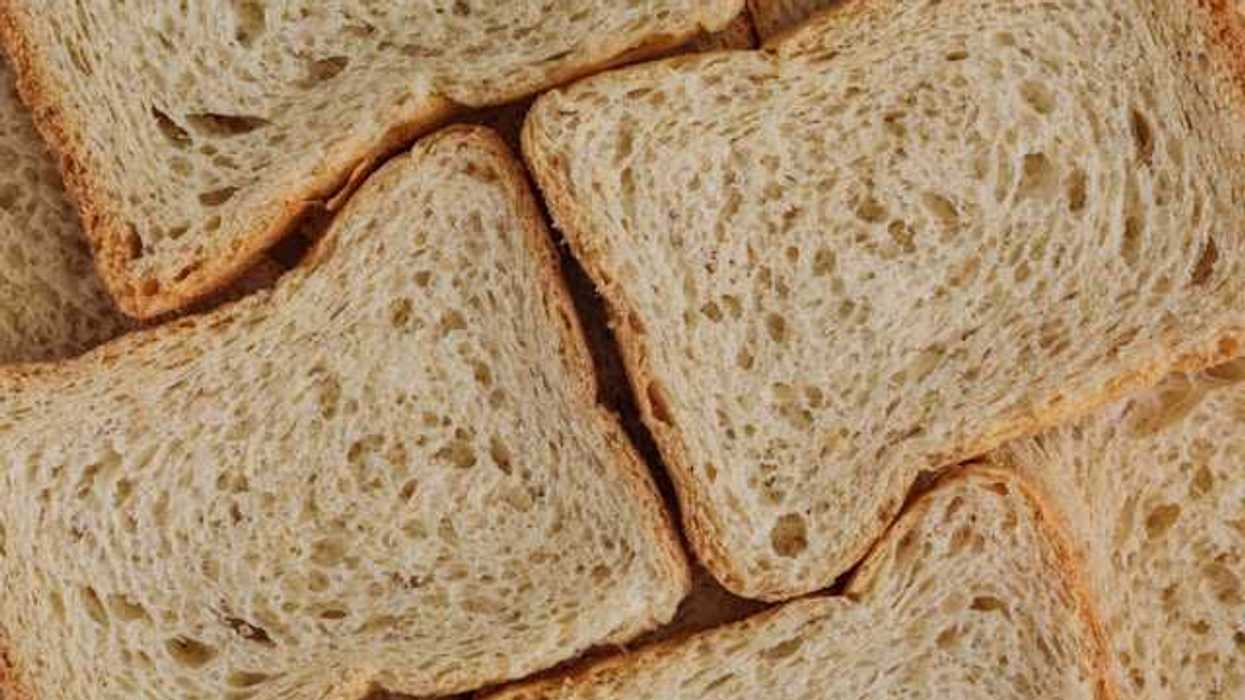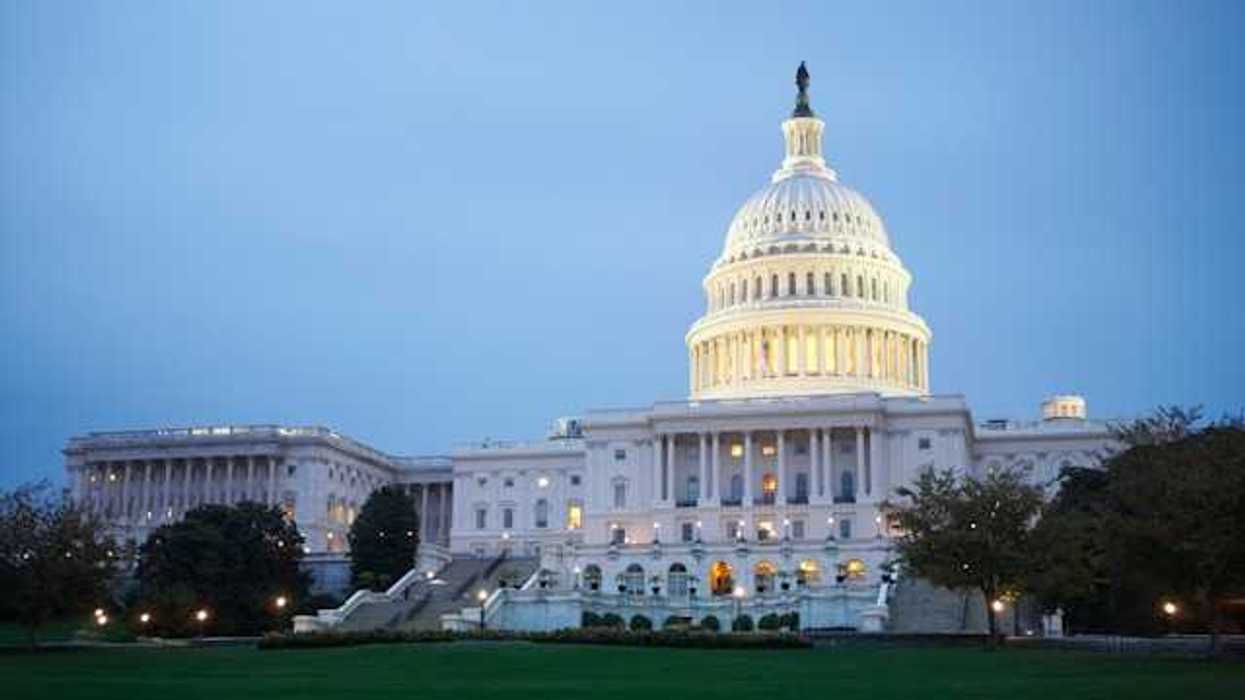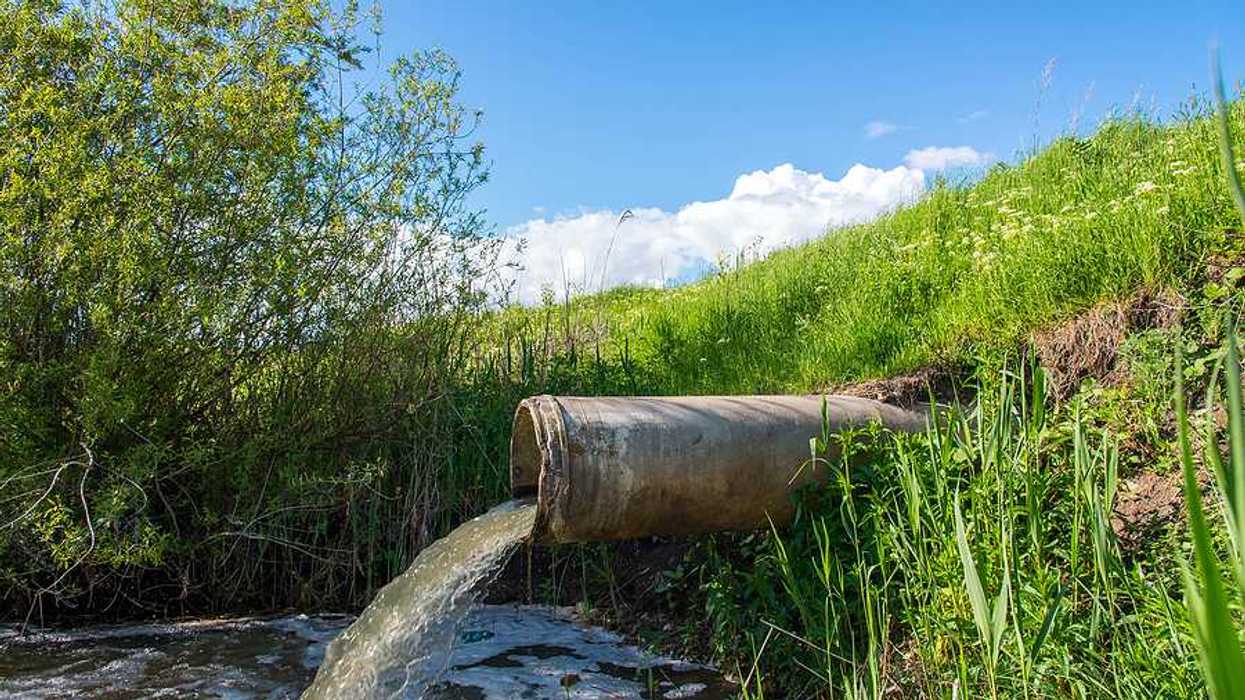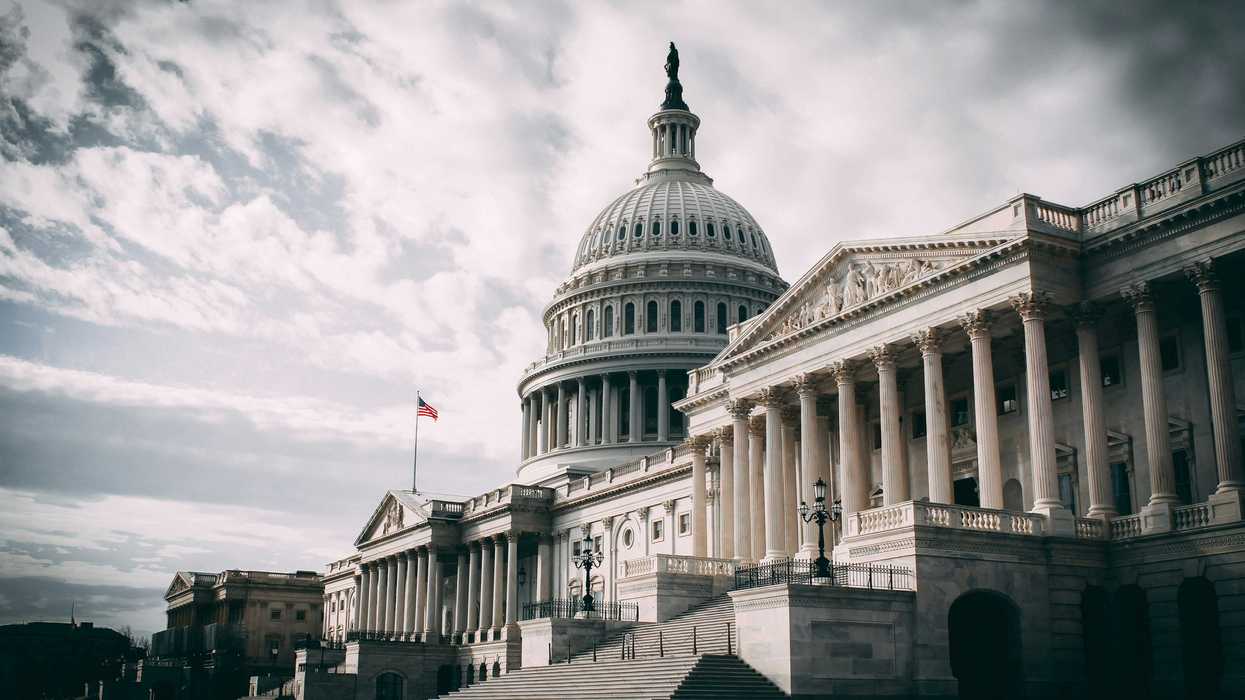PERRY COUNTY, Alabama — Deep within Alabama’s Black Belt lies the small rural community of Uniontown, a predominantly African American and low-income town of 1,900 people.
But for more than a decade, residents have complained about the lack of government action to properly regulate the Arrowhead Landfill that has brought tons of out-of-state waste and industrial pollution onto their doorsteps.
A heavy putrid smell lingers in the air along the boundaries of the 973-acre landfill and residents have reported respiratory problems, headaches, nausea and vomiting among other health complications.
This year, the landfill’s operating permit issued by the Alabama Department of Environmental Management (ADEM) is up for renewal and residents are strongly opposed.
If renewed, the new permit would allow the landfill to receive up to 15,000 tons of trash per day from 33 states and last for 10 years until 2032.
“Uniontown does not see anything other than problems from the landfill,” Ben Eaton, Perry County Commissioner, Uniontown resident and member of the Black Belt Citizens Fighting for Health and Justice, a group that has argued for stricter regulation for the landfill, told EHN. Perry County, where Uniontown is located, receives $1 per ton of waste the landfill takes in. Eaton said the residents of Uniontown do not see that money benefitting their community that is in disrepair.
Toxic coal ash
The Arrowhead Landfill opened and began operating almost immediately after the Tennessee Valley Authority (TVA) Kingston Fossil Plant oil spill in 2009 where 5.4 million cubic yards of coal ash flowed into the main Emory River channel. With the approval of ADEM, the coal ash waste was later collected from the river and shipped to Uniontown.
Health studies conducted in the area by Dr. Azita Amiri of the University of Alabama, Huntsville in 2018 found that most residents had chronic diseases including hypertension, renal disease and respiratory diseases that could be linked to deposits of coal ash at the landfill.
“It’s not that we want to close the landfill. We know everybody needs somewhere to take their garbage. We want the landfill to stop taking toxic materials,” Eaton said.
ADEM has been conducting preliminary public hearings on the permit renewal since April this year but issued a statement in January last year stating, “There are no current or ongoing enforcement actions against Arrowhead Landfill necessitating additional requirements to achieve compliance with permit conditions.”
Residents of Uniontown are still waiting for ADEM’s final decision on the landfill’s permit.
Watch the short documentary, Close to home, above to hear from community residents about the ongoing battle.

